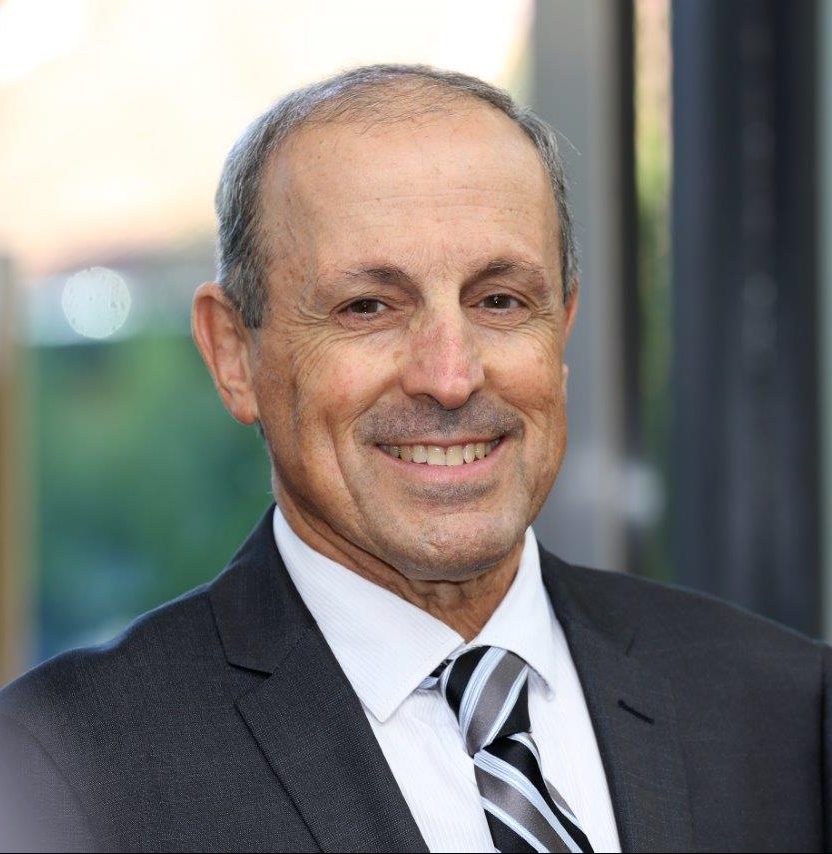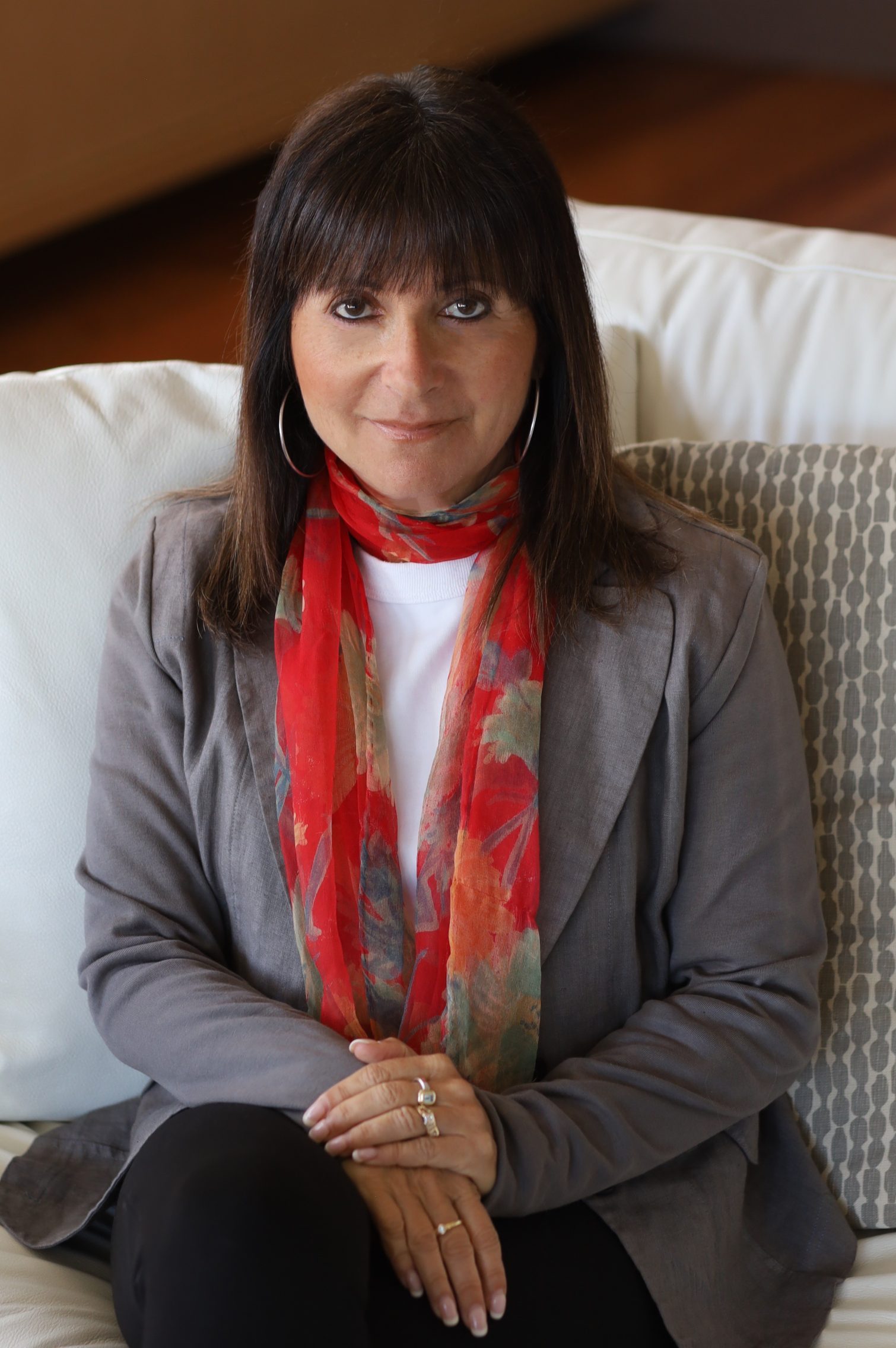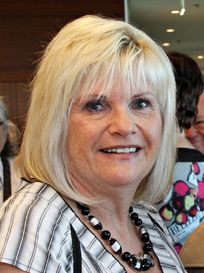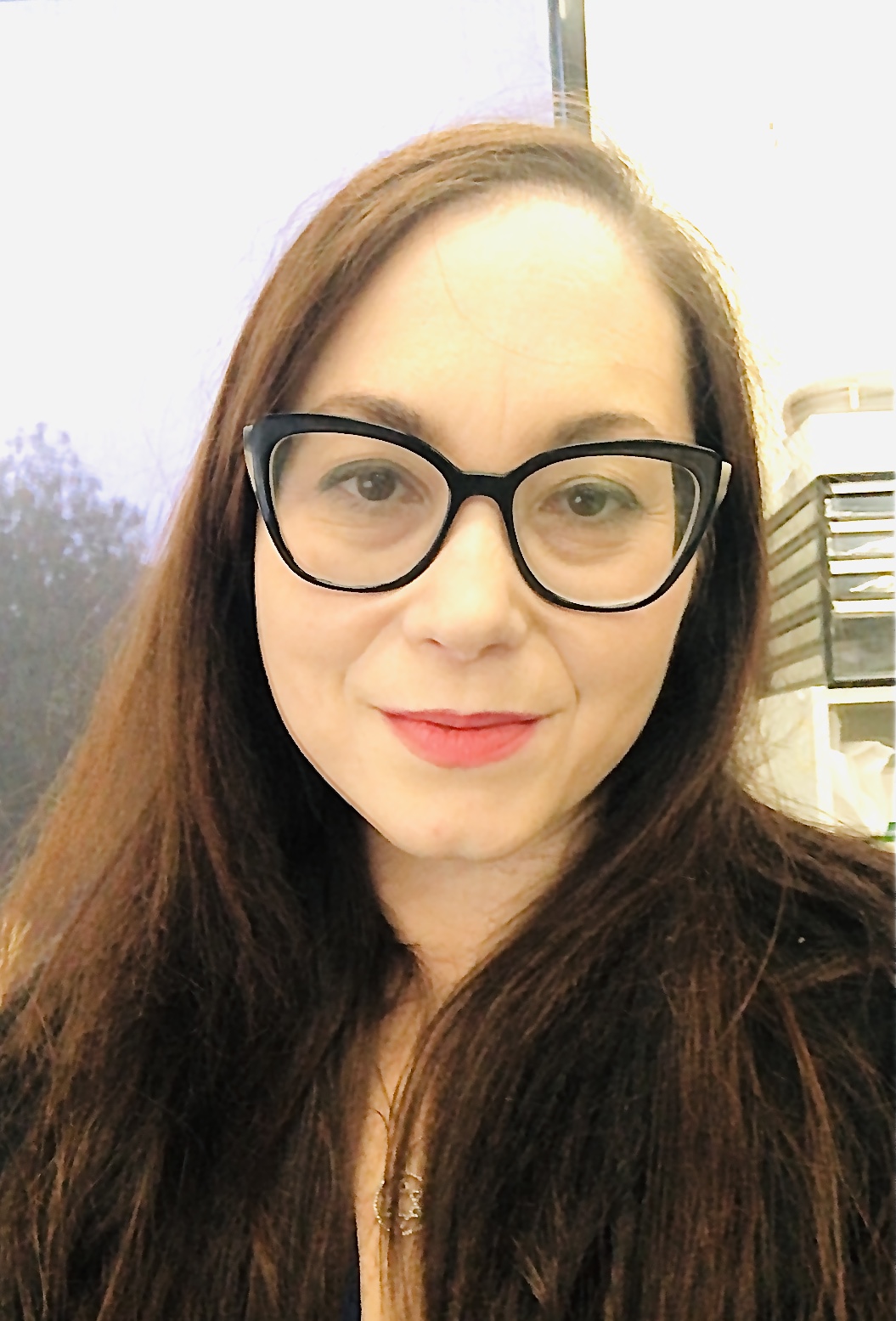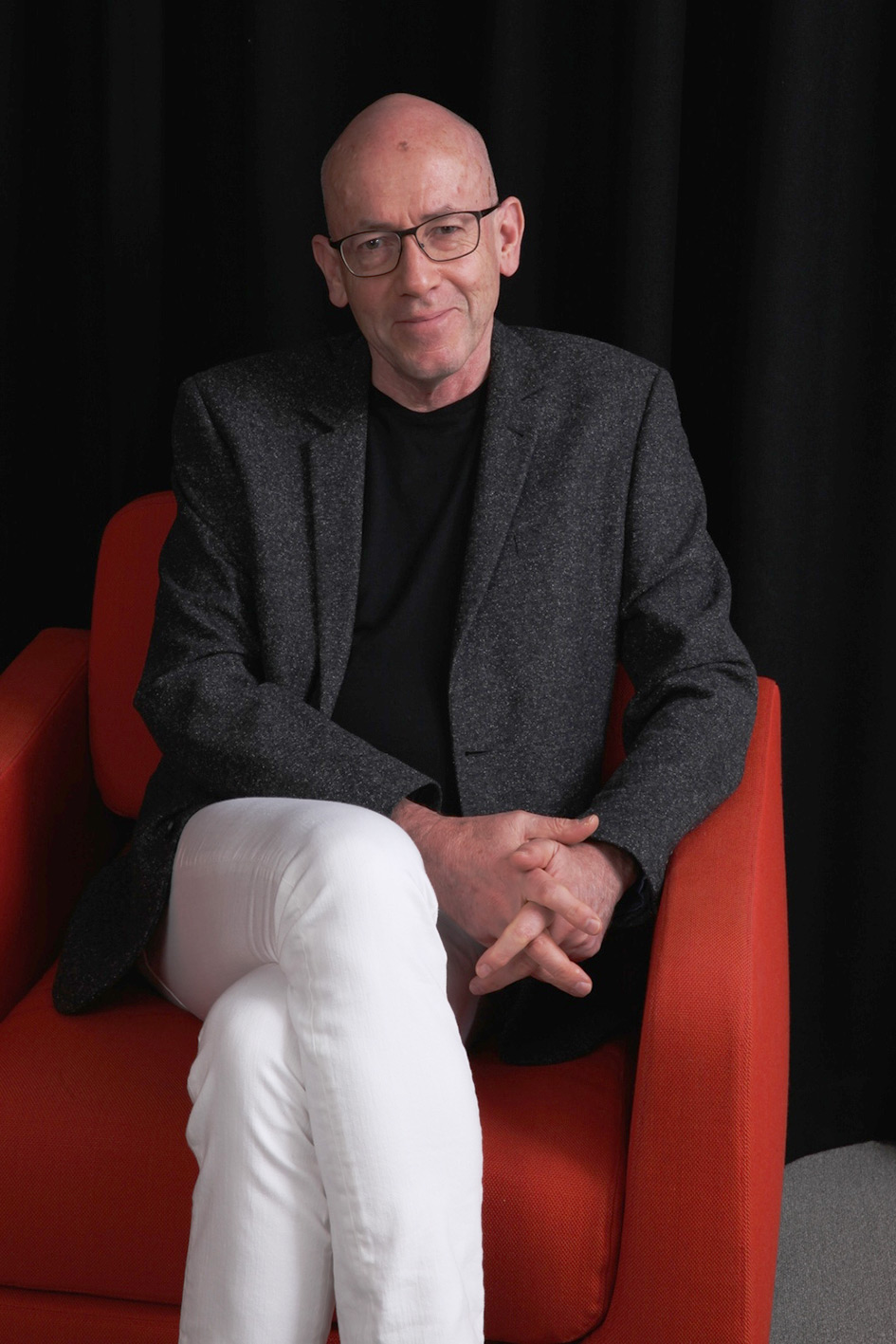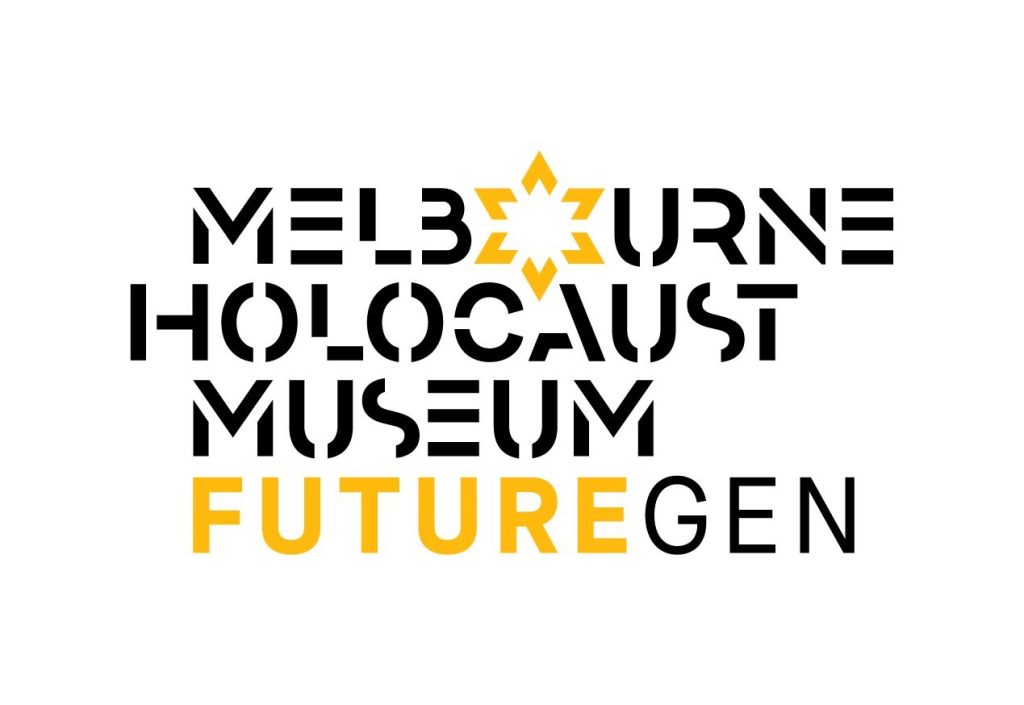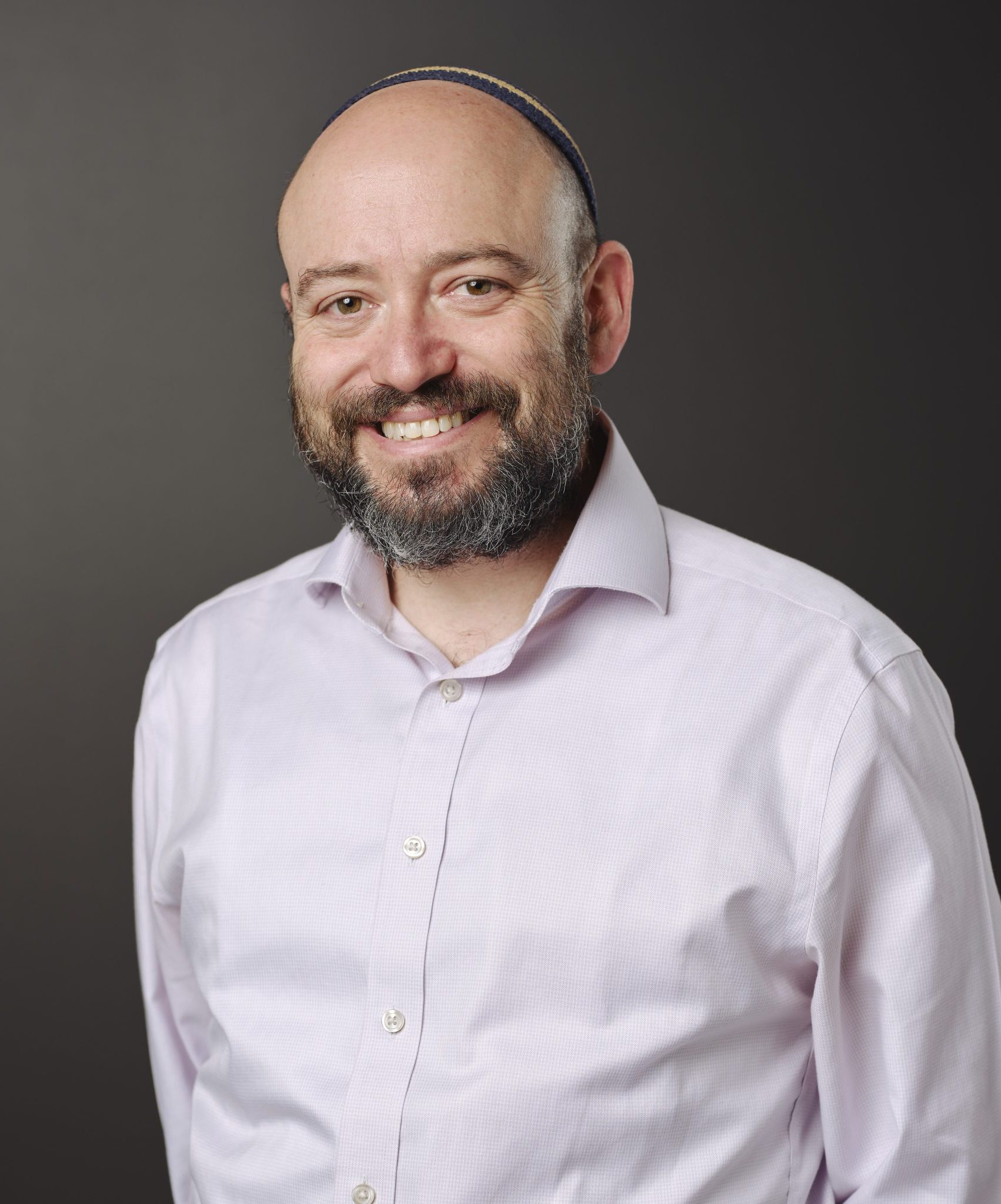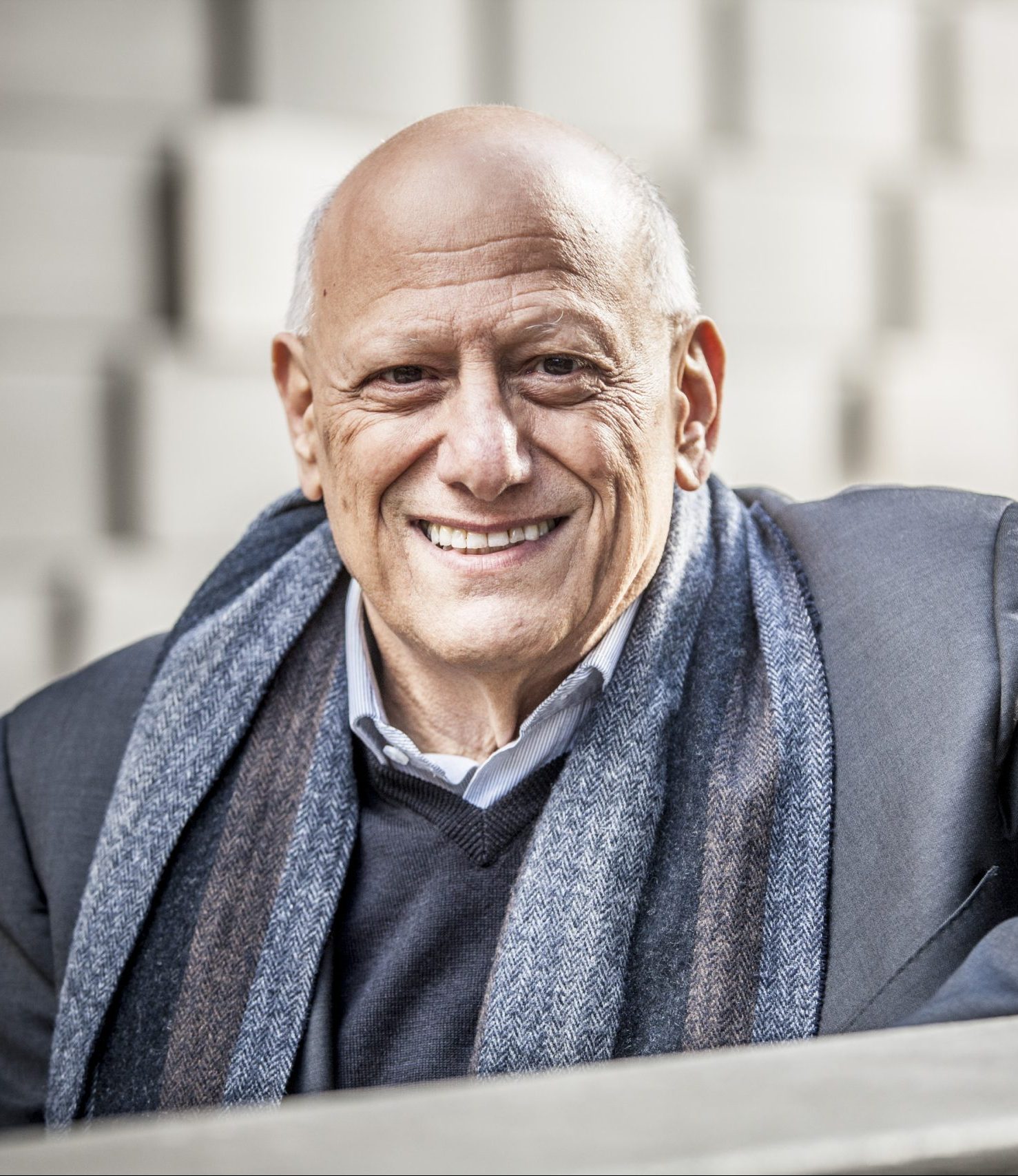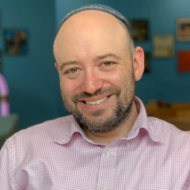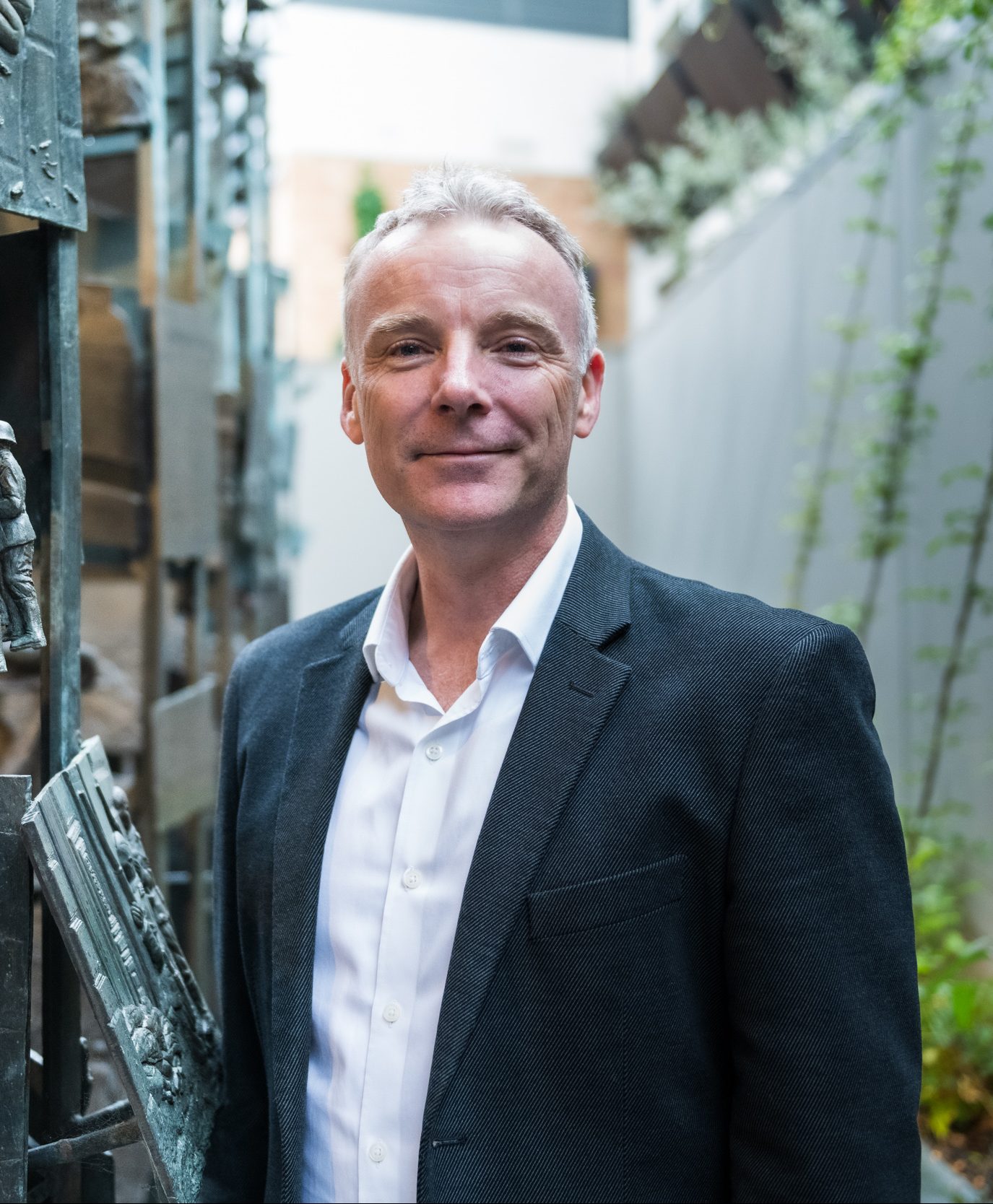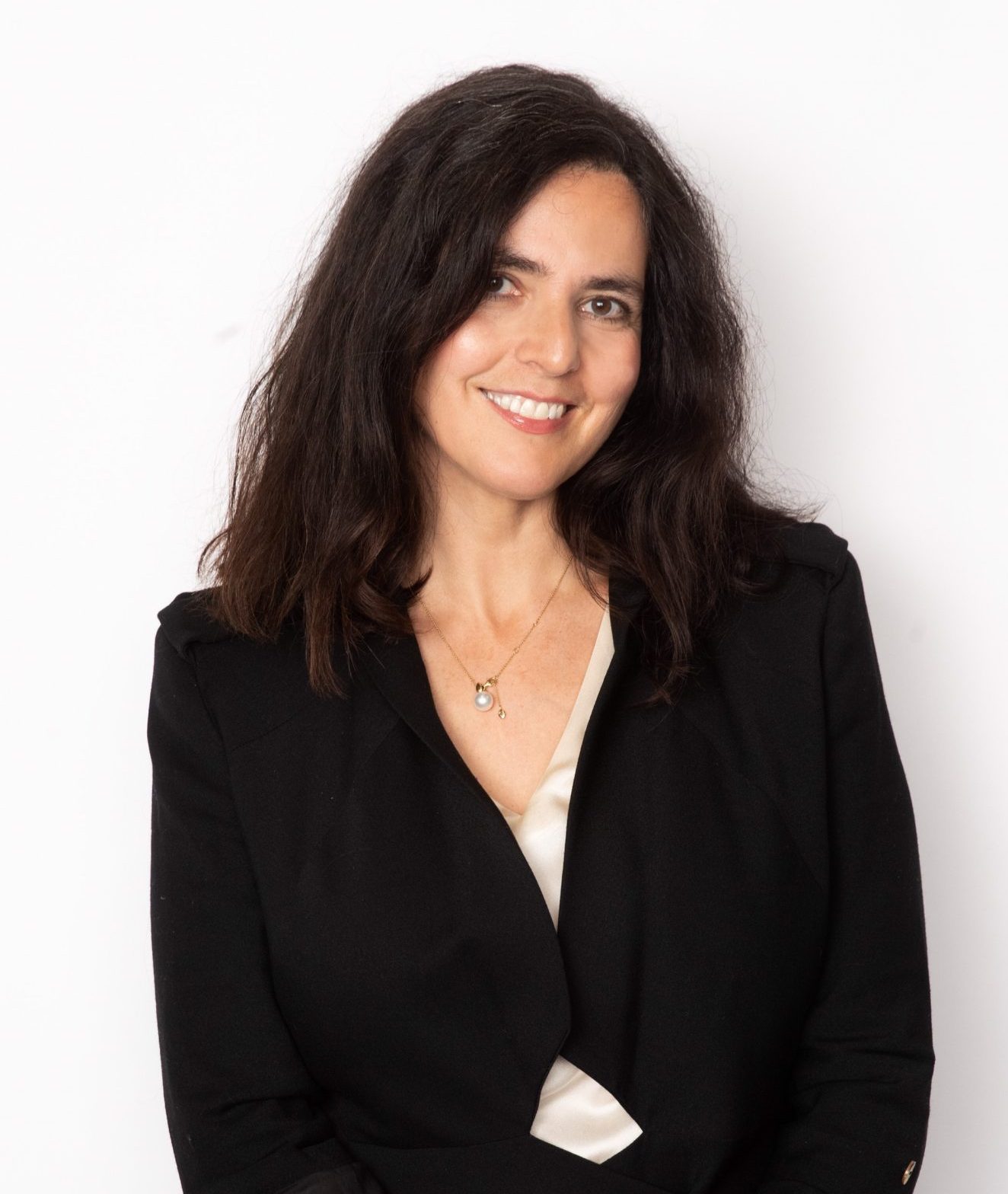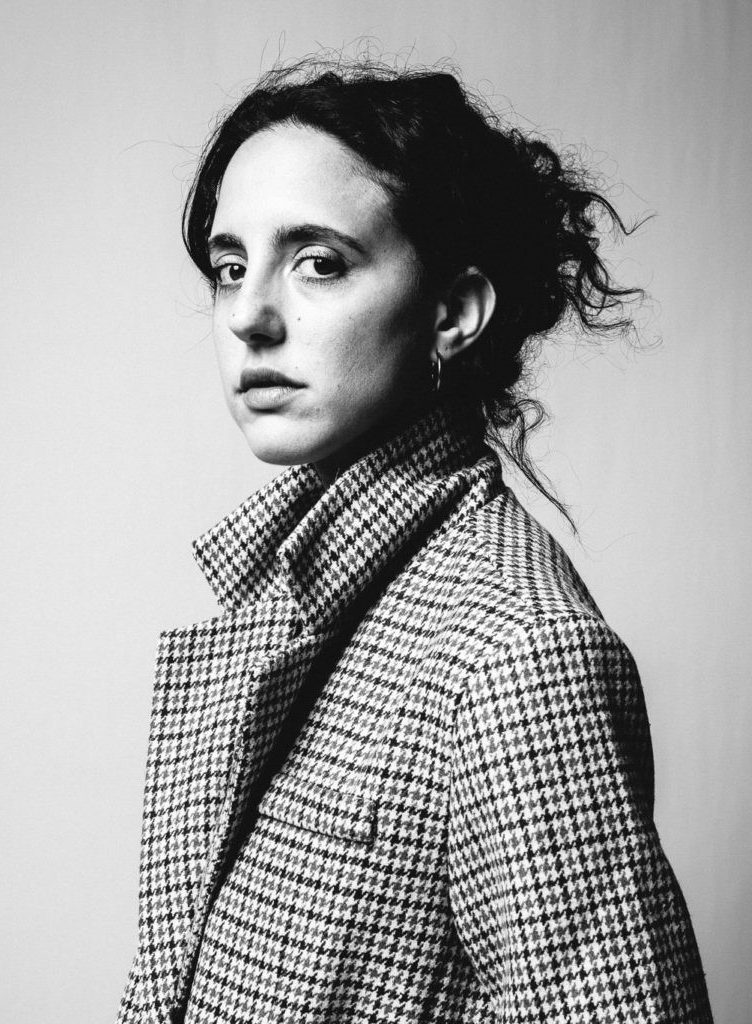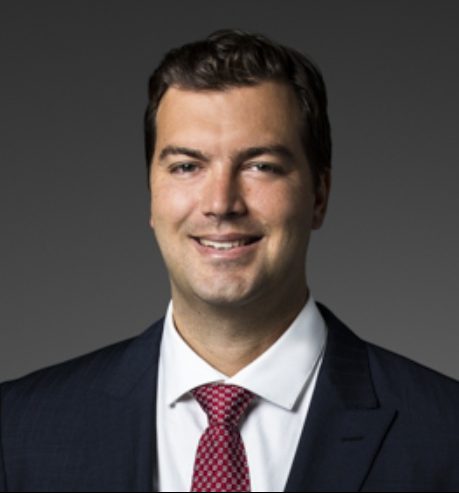Deportation from Rhodes
Please join us for a lecture by Vic Alhadeff OAM.
July 2024 marks 80 years since the destruction of the Jewish communities of Rhodes and the other Dodecanese islands.
The Jews of Greece experienced the best and the worst of humanity. The majority of the community of Salonika was murdered, while the entire community of Zakynthos was saved. The community of Rhodes Island – where Vic Alhadeff’s family originated – was decimated, while a Muslim diplomat rescued some of them. Vic will discuss the Holocaust in Greece, including his father’s remarkable story.
The Star on the Grave Book launch
Please join Linda Royal for the book launch of The Star on the Grave at the Melbourne Holocaust Museum.
In 1940, as the Nazis sweep toward Lithuania, Japanese diplomat Chiune Sugihara defies his government and secretly issues visas to fleeing Jewish refugees. After the war, Sugihara is dismissed and disappears into obscurity.
Three decades later, in Australia, Rachel Margol is shocked when her engagement reveals a long-held family secret: she is Jewish. As she grapples with this deception and the dysfunction it has caused, unspoken tragedies from the past begin to come to light. When an opportunity arrives to visit Chiune Sugihara, the man who risked his life to save the Margols during World War II, Rachel becomes determined to meet him. But will a journey to Japan, and the secrets it uncovers, heal the family or fracture them for good?
The Star on the Grave is a powerful and moving novel inspired by the true story of Chiune Sugihara, and the thousands of people – including the author – who owe him their lives.
The Star on the Grave is Linda’s first novel and will be available for purchase at the event.
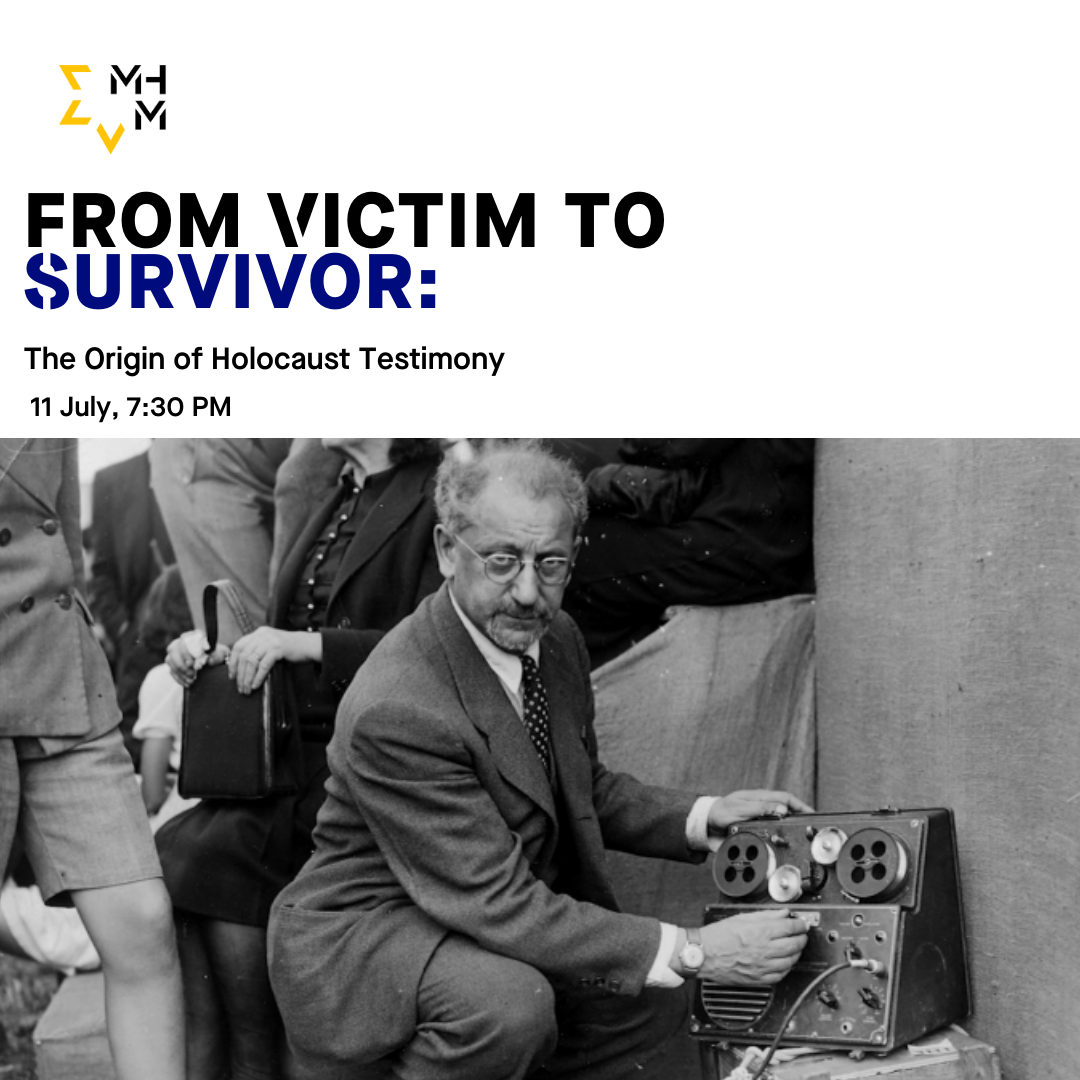
From Victim to Survivor: The Origin of Holocaust Testimony
Please join us at Melbourne Holocaust Museum for an evening lecture by Dr Margaret Taft.
The last thirty years has seen an explosion in Holocaust survivor testimony, oral history projects and Holocaust museums and memorials. This contemporary memory boom has led to a false consensus – that victims and survivors never spoke nor wrote of their horrific experiences either during or immediately after the Holocaust, and that this trend was only reversed by the Eichmann trial in 1961. Nothing could be further from the truth. Jewish witnesses to the Holocaust began speaking and writing of their experiences even during the war itself and later in its immediate aftermath. This not only produced a prodigious body of testimonies but led to the development of a new genre of Holocaust memoir. In this lecture, Dr Margaret Taft will speak of the evolution of Holocaust survivor testimony and will consider the ways in which survivor testimony and survivor identity have changed over time.
Image | Courtesy of University Archives & Special Collections, Paul V. Galvin Library, Illinois Institute of Technology.
Hear a Witness : Andy Factor OAM
Join us at the Melbourne Holocaust Museum for the rare opportunity to hear first-hand from Holocaust survivor Andy Factor OAM
Andy was born in Plauen, Germany in 1924. He was nine year old when the Nazis came to power in Germany.
After the antisemitic laws were introduced in Germany, Andy experienced isolation and humiliation.
Andy and his father were arrested the day after Kristallnacht. He was released after a week, but his father was sent to Buchenwald concentration camp for six weeks.
Thanks to Andy’s relatives in America, his family has received visas to France where they lived for several months during which time the war broke out.
Andy and his family arrived in Australia in 1940.
Join us on the 7th of July to meet Andy and learn about his experiences.
Image | photographed by Simon Shiff
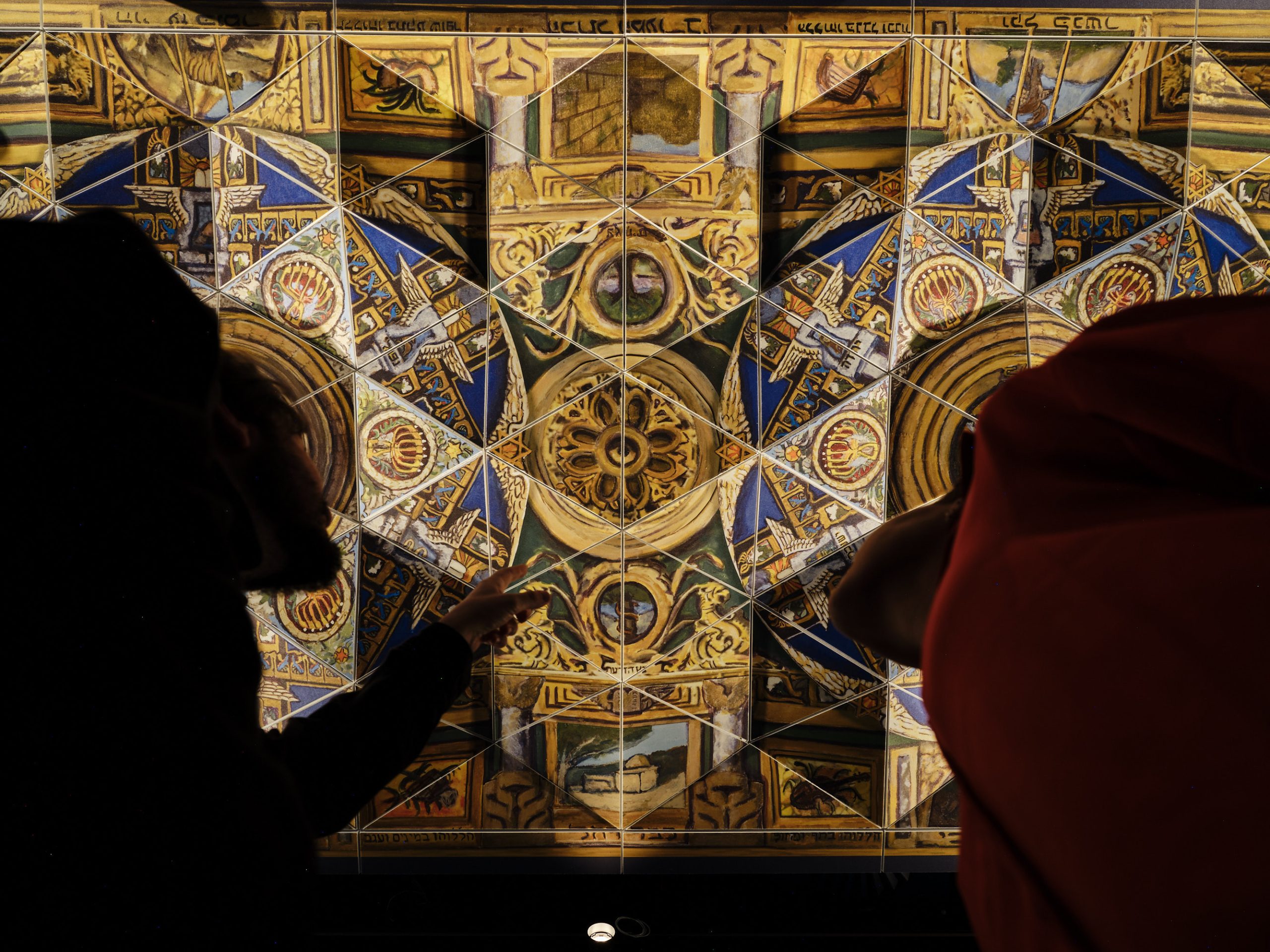
Fragments & Memories: A Re-Imagining of the Czestochowa Synagogue
The Melbourne Holocaust Museum invites you to a lecture by Dr Anna Hirsh, Manager of Collections and Research.
How can Jewish cultural and religious heritage and life before the Holocaust be understood now, after so much was destroyed?
The MHM’s new permanent exhibition, Everybody had a Name features an artistic reimagining of Perec Willenberg’s elaborate ceiling mural from the Old Czestochowa Synagogue.
Dr Anna Hirsh, MHM’s Manager of Collections & Research, created a reconstruction of the elaborate mural guided by a handful of photographs of the ceiling, Willenberg’s surviving artworks, and other historical and artistic references.
As part of the museum’s Czestochowa Room, this recreation is a tribute to the beauty and meaning of Europe’s destroyed synagogues, inspiring a visual understanding of pre-war Jewish religion and culture to Australian audiences. In this lecture, Anna will describe the design processes of the recreation, and explore the symbolic imagery embedded in Willenberg’s intricate artwork. Merging the historical, religious and artistic, the ceiling project encapsulates the role of art and heritage in the preservation of memory and Jewish culture.
Mark Ashkanasy, eminent art and architectural photographer and digital artist, will join Anna to describe his contributions to this ceiling project: photographing the work, and his methodologies and philosophies of the digital post production in preparation for its installation.
With an introduction on the Czestochowa Room by Dr Breann Fallon.
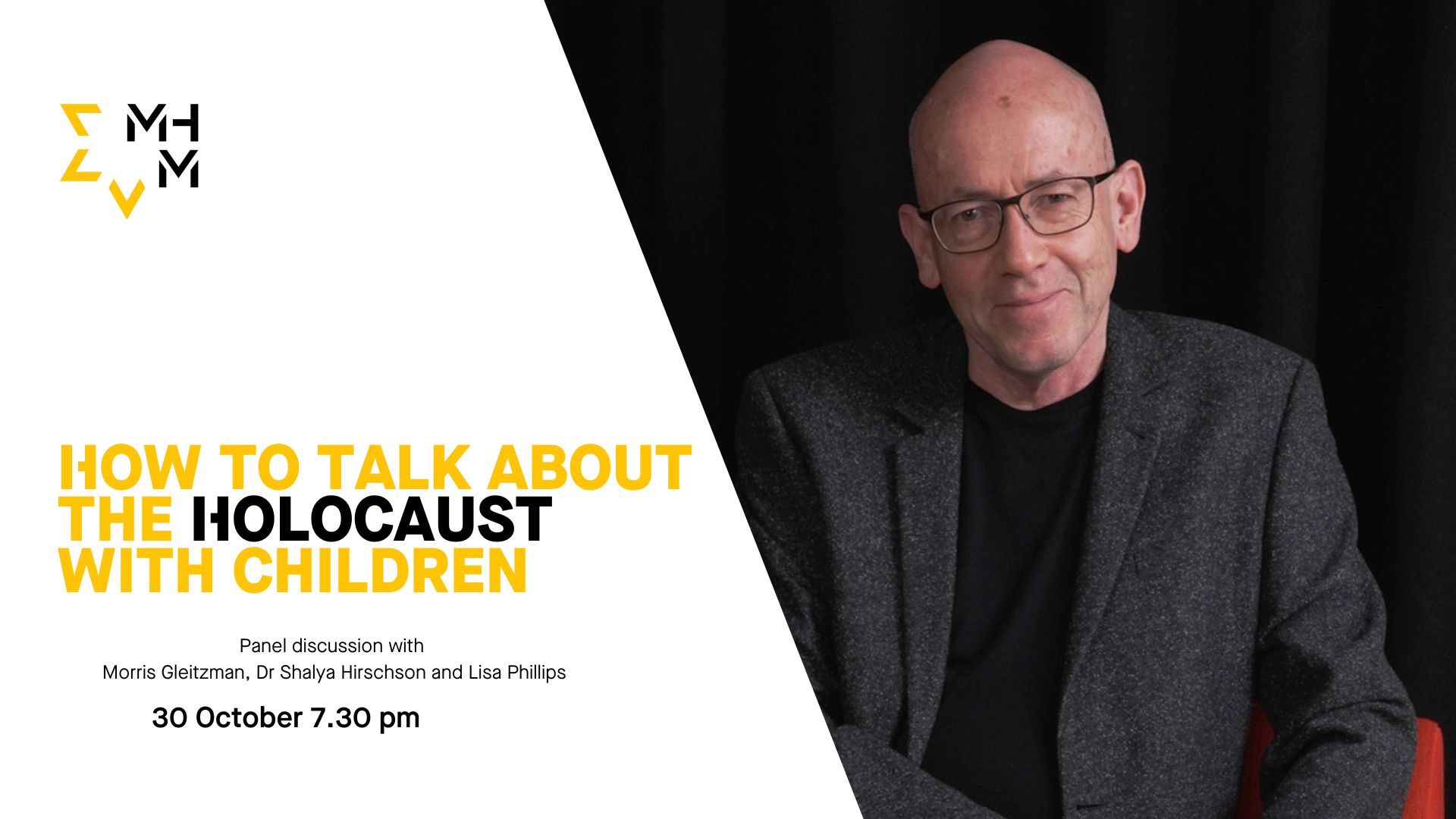
How to Talk About the Holocaust with Children
Melbourne Holocaust Museum is excited to host a panel discussion: How to Talk About the Holocaust with Children.
We welcome acclaimed author Morris Gleitzman, Dr Shalya Hirschson a child psychologist and MHM Pedagogy Specialist Lisa Phillips, for an informative conversation moderated by MHM Manager of Adult Education Dr Simon Holloway.
-
Morris Gleitzman
-
Dr Shalya Hirschson
Kraków Ghetto Commemoration 2024
Join the Cracow Memorial Committee for the 81st anniversary commemoration of the liquidation of the Kraków ghetto.
Commemorate the tragic events of March 13th and 14th, 1943, when the Kraków ghetto was liquidated.
Honor the memory of the pre-war Jewish community that perished during the Holocaust.
Celebrate the resilience of life over death—the victory of survival and remembrance.
This solemn event serves as a bridge between generations now living in Melbourne, ensuring that the memory of those lost remains alive and that the lessons of history continue to resonate.
Hope is a Verb – Ben M Freeman
What does it mean to be proud of being Jewish? In a post-October 7th world, when so many aspects of Jewish identity are being put under a microscope, some might feel more comfortable keeping their cultural and religious observance private.
In this timely and important conversation, Ben M. Freeman will discuss the importance of being open about one’s Jewishness, the necessity of maintaining Jewish pride, and techniques for inculcating a love of Judaism in one’s children. With increasing levels of antisemitism in Melbourne and around the world, this conversation will also afford an opportunity to consider tactics for navigating hostile situations.
-
Ben M. Freeman
-
Dr Simon Holloway
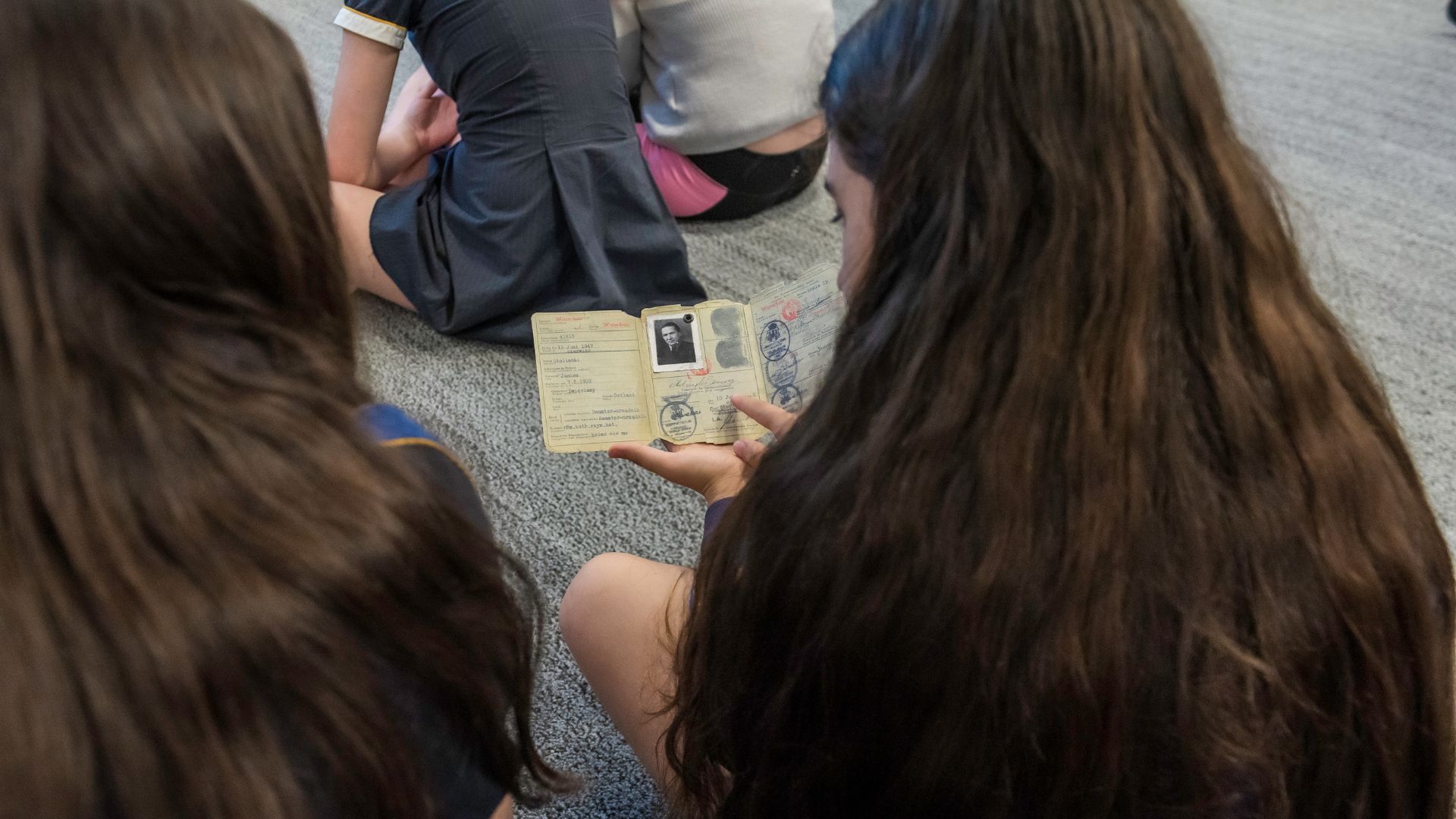
Holckner Family Bnei Mitzvah Program
The Melbourne Holocaust Museum’s Holckner Family Bnei Mitzvah program is a ninety-minutes workshop designed to connect those undergoing their Bnei Mitzvah to the Holocaust in a meaningful way. The program will allow participants to engage with the experiences of Holocaust survivors, to be inspired by their resilience and the kindness of strangers, as well as to reflect on the significance of their Bnei Mitzvah and what being Jewish means to them.
Parents/guardians do not need to stay for the duration of the program.

Exploring Contemporary Antisemitism Through a Historical Lens
The Melbourne Holocaust Museum invites you to a lecture run by Prof. Andrew Markus AO FASSA.
Rabbi Ralph Genende wrote in early March that “since October 7, I have keenly realised that history has apparently reverted back to the most primeval of times… I certainly never expected to feel this way in Australia.” The Executive Council of Australian Jewry documented 662 antisemitic incidents during October and November 2023, reflecting a 738% increase compared to the same period the previous year. Among these incidents were death threats directed at Jewish organisations and individuals, frequent anti-Israel demonstrations extolling violence, pervasive acts of intimidation such as the public release of personal information identifying members of a Jewish Australian WhatsApp group, and the proliferation of toxic content on social media platforms. Notable flashpoints included a convoy of vehicles driven from Sydney’s western suburbs through the centre of Jewish community and a violent street protest in Caulfield, prompting the evacuation of a synagogue. This talk will consider historical contexts to evaluate present-day manifestations of antisemitism, with reference to earlier periods of Australian history and pre-war Europe.
Image | Shutterstock
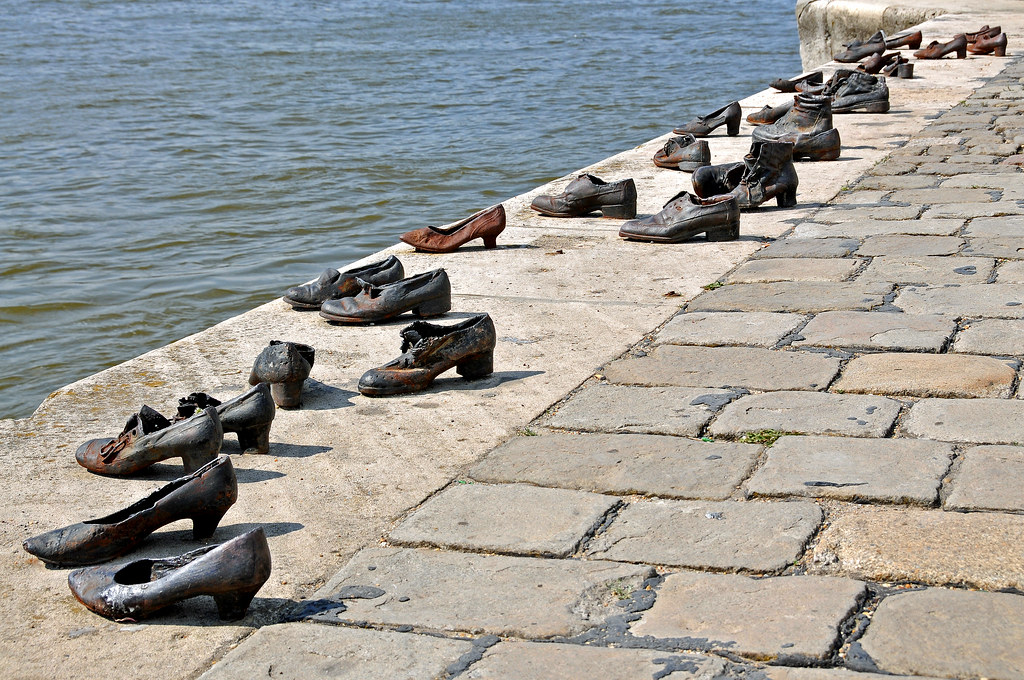
The 11th Hour: The Holocaust in Hungary
On 16 May, MHM Manager of Adult Education Dr Simon Holloway will present a lecture in collabration with B’nai B’rith, exploring the Holocaust experience for Jewish communities living in Hungary.
In 1944, the Jewish communities of Hungary made up some of the last remaining Jews in all of Axis-controlled Europe. The tragic story of their annihilation is all the more macabre when one considers that it happened under the gaze of the entire world, who knew what deportation meant. In this lecture, coinciding with the 80th anniversary of the deportations from Hungary, we will explore the peculiar situation faced by Hungarian Jews in light of their prewar experiences, the means by which they were so rapidly destroyed, and some of the heroic attempts made at the 11th hour to rescue them.
Image | A memorial to the murdered Jews in Hungary, on the Danube river, Hungary.
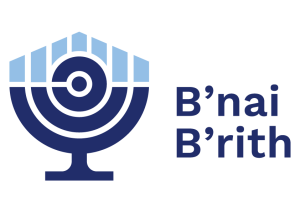
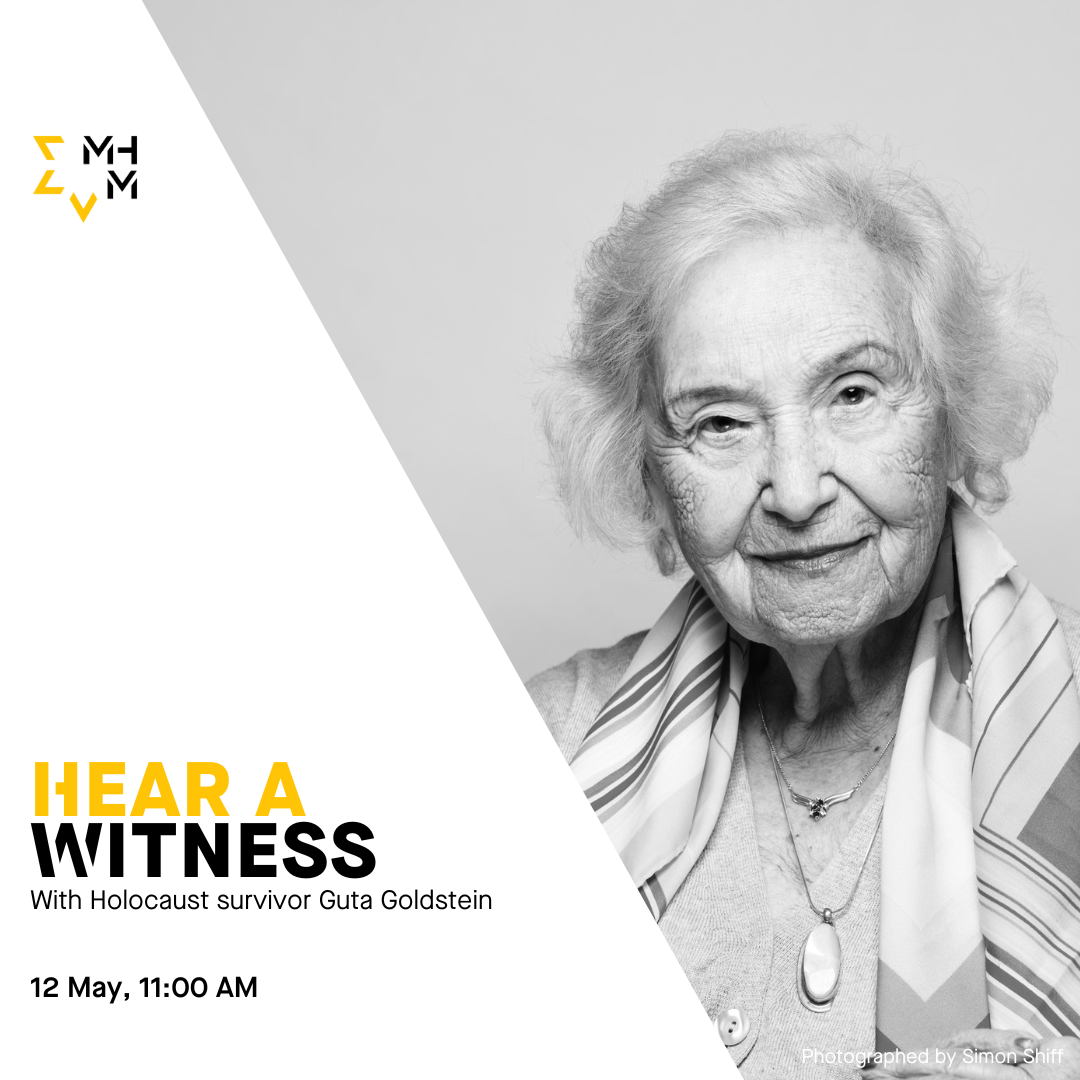
Hear a Witness: Guta Goldstein
Join us at the Melbourne Holocaust Museum for the rare opportunity to hear first-hand from Holocaust survivor Guta Goldstein.
Guta was born in Lodz, Poland in 1930. She was nine years old when the Germans invaded Poland.
Guta, her sister, and father were forced into the Lodz Ghetto. Both her sister and father died of illness.
on 14 August 1944 Guta was transported to Auschwitz, where her aunt and cousin were sent to the gas chambers on arrival.
In September Guta and her remaining cousins were transferred to Bergen-Belsen concentration camp.
Guta was eventually sent to the labour camp of Mehltheuer and was liberated by the US army in April 1945.
Guta arrived to Australia in 1949.
Inheriting Memories and Preserving Truth
We invite you to join us for the commemoration of Yom HaShoah on Monday 6 May 2024.
This year we will host a panel discussion moderated by MHM CEO Dr Steven Cooke. We look forward to hearing from our three panellists, Rachelle Unreich, Anita Lester and Adam Butt, who will share their lived and professional experience of taking on the custodianship of memory. The evening will explore how we can all carry the lessons of the Holocaust into the future and will seek to understand how, in a world threatened by increasing misinformation, distortion and denial, we can bring truth to the forefront.
Image | Simon Shiff
-
Dr Steven Cooke
-
Rachelle Unreich
-
Anita Lester
-
Adam Butt
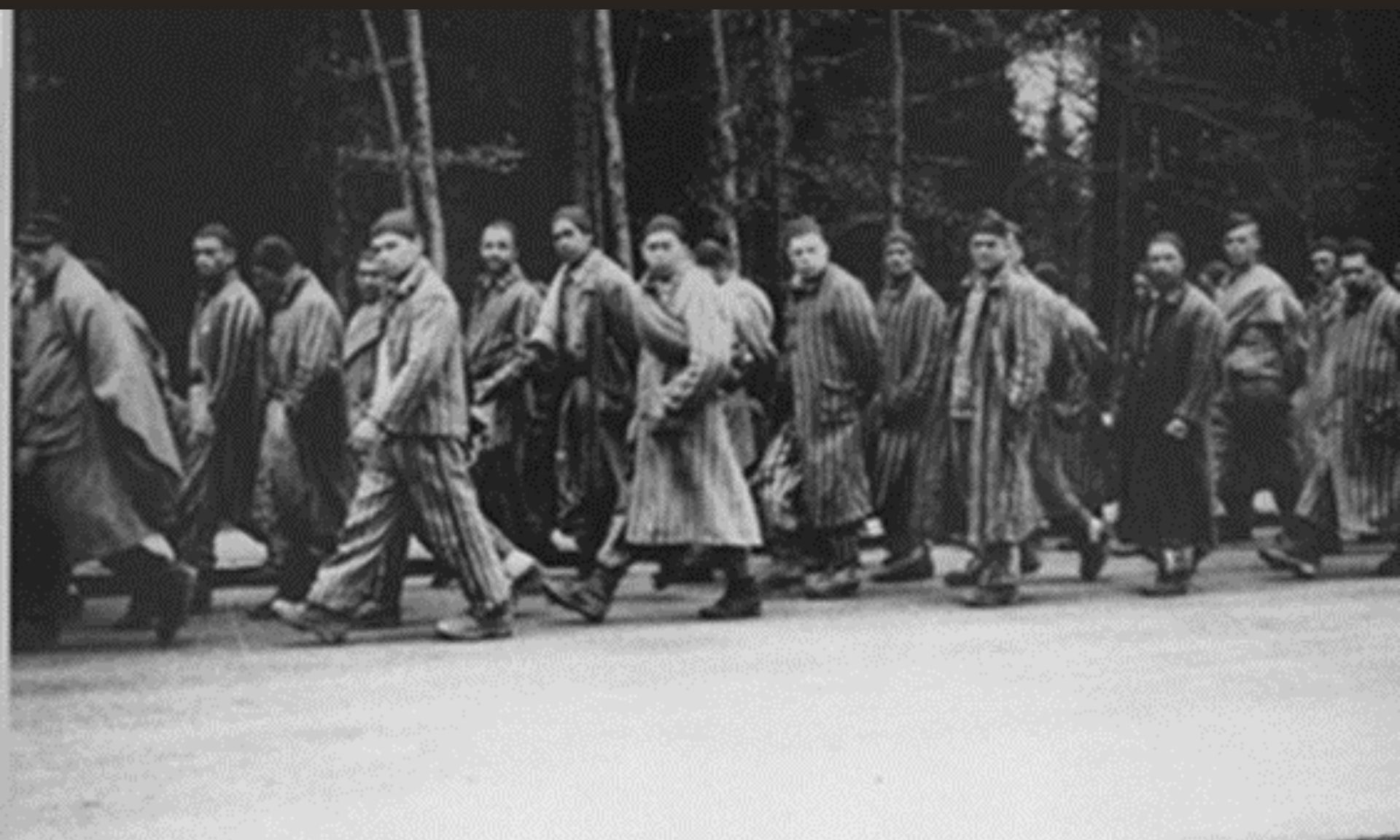
Holocaust Education Course 2024
Please join us for our nine-week Holocaust Education Course.
This course, running over a series of consecutive weeks, spans the history of the Holocaust from the 19th century through to the liberation of the camps and return to life. Each evening will run from 7-9pm with coffee and tea provided.
The course will be facilitated by MHM Manager of Adult Education Dr Simon Holloway, Co-President Sue Hampel OAM with each evening dedicated to a particular theme.
If you have any further questions about the course, please contact simon.holloway@mhm.org.au for further information.
Please register in advance and secure a place.
Image | Prisoners head south on a Death March from Dachau concentration camp; Gruenwald, Germany, 29 April, 1945. Courtesy of Yad Vashem.
Dates and topics are as follows:
Week 1: The World that Was (Wednesday, 1 May)
Week 2: From the Cross to the Swastika (Wednesday, 8 May)
Week 3: The Rise and Fall of German Jewry and Austrian Jewry (Wednesday, 15 May)
Week 4: Death and Life in the Nazi Ghettos (Wednesday, 22 May)
Week 5: Life Unworthy of Life: The Origins of the Final Solution (Wednesday, 29 May)
Week 6: The Concentration Camp Universe (Wednesday, 5 June)
Break – no course on the week of 12 June.
Week 7: By Any Means Available: Jewish Resistance (Wednesday, 19 June)
Week 8: Survey of Non-Jewish Responses (Wednesday, 24 June)
Week 9: Liberation and Return to Life (Wednesday 26, June)

FutureGen launch event
The Melbourne Holocaust Museum invites you to the exciting launch of FutureGen.
A new generation committed to the preservation of Holocaust history and education
This event will feature guest speaker Holocaust survivor Peter Gaspar OAM. There will also be a special opportunity to tour the ‘Everybody Had a Name’ exhibition and to experience the memorial room after dark.
Cocktails and canapés will be served.
This event is for the FutureGen community. FutureGen is a new generation of community members committed to the preservation of Holocaust history and Holocaust education

Preserving Truth in the Digital Age
How can we ensure the preservation of Holocaust memory in the age of technology and artificial intelligence (AI)?
Presented by Dr Victoria Grace Walden SFHEA FRSA MILM.
The rise and use of AI and new technologies in our society brings with it advantages as well as new challenges to Holocaust museums.
Although AI and technology present many dangers to the preservation of truth, if used correctly, they can make a vital contribution to the sustainability of Holocaust memory, providing the tools to preserve and share historical collections in ways that weren’t possible before.
Join us as Dr Victoria Walden addresses the value and the limitations of technology during this transformational phase of Holocaust education.
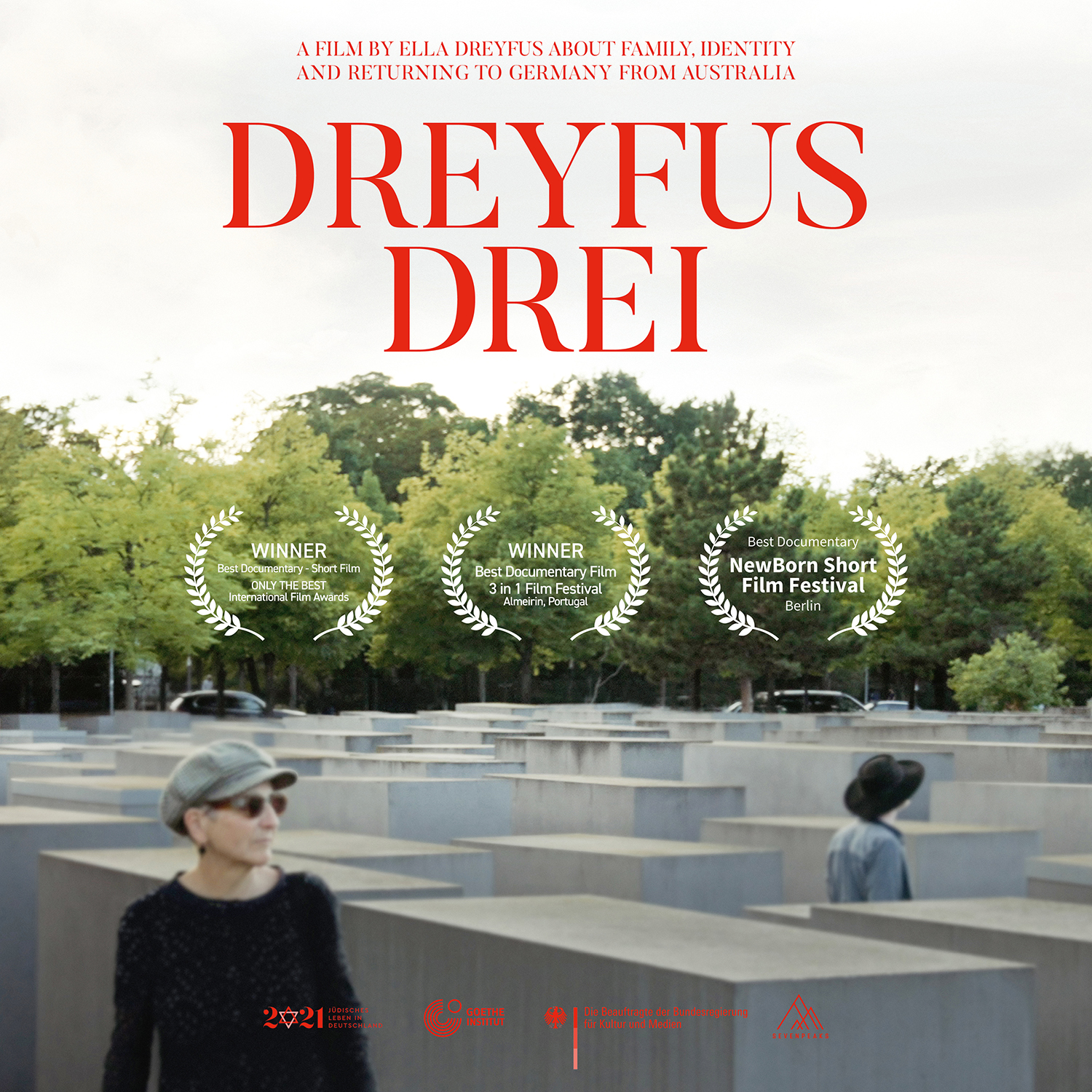
Film screening – Dreyfus Drei
Please join the Melbourne Holocaust Museum, in collaboration with the Goethe-Institut, for a special film-screening event.
When Sydney-based artist and academic Ella Dreyfus set about exploring her late father’s experiences in the Holocaust, she began a journey that would take her back to Berlin and would culminate with the completion of a powerful 30-minute documentary. With the hope that her film will initiate a dialogue for subsequent generations to confront their own inherited traumas, Dreyfus Drei seeks to penetrate the wall of silence that many survivors erect around their lives.
Combining family interviews in Melbourne and Sydney with visits to the family’s former homes and the construction of public art installations in Germany, the film also features her uncle George Dreyfus’s musical compositions and her cousin Jonathan’s new arrangements. Dreyfus Drei creates a family portrait about exile, identity, and art, and navigates the complex terrain of how three generations from one family each negotiate their own return to the “homeland”.
Dreyfus Drei was written, directed and produced by Ella Dreyfus, co-directed and co-produced by Janis Westphal, Sevenpeaks Films in Berlin, executive production by the Goethe-Institut and commissioned by the German Federal Government Commissioner for Culture and the Media for the 1700 Years of Jewish Life in Germany Festival.
After the screening of Dreyfus Drei, Dr Simon Holloway will be in conversation with the director, Ella Dreyfus, who will also take questions from the audience. Following this conversation, participants will have the opportunity to explore our new museum exhibit: Everybody Had a Name.
Learn more about Dreyfus Drei at www.dreyfus3.com
Image | Dreyfus Drei film cover
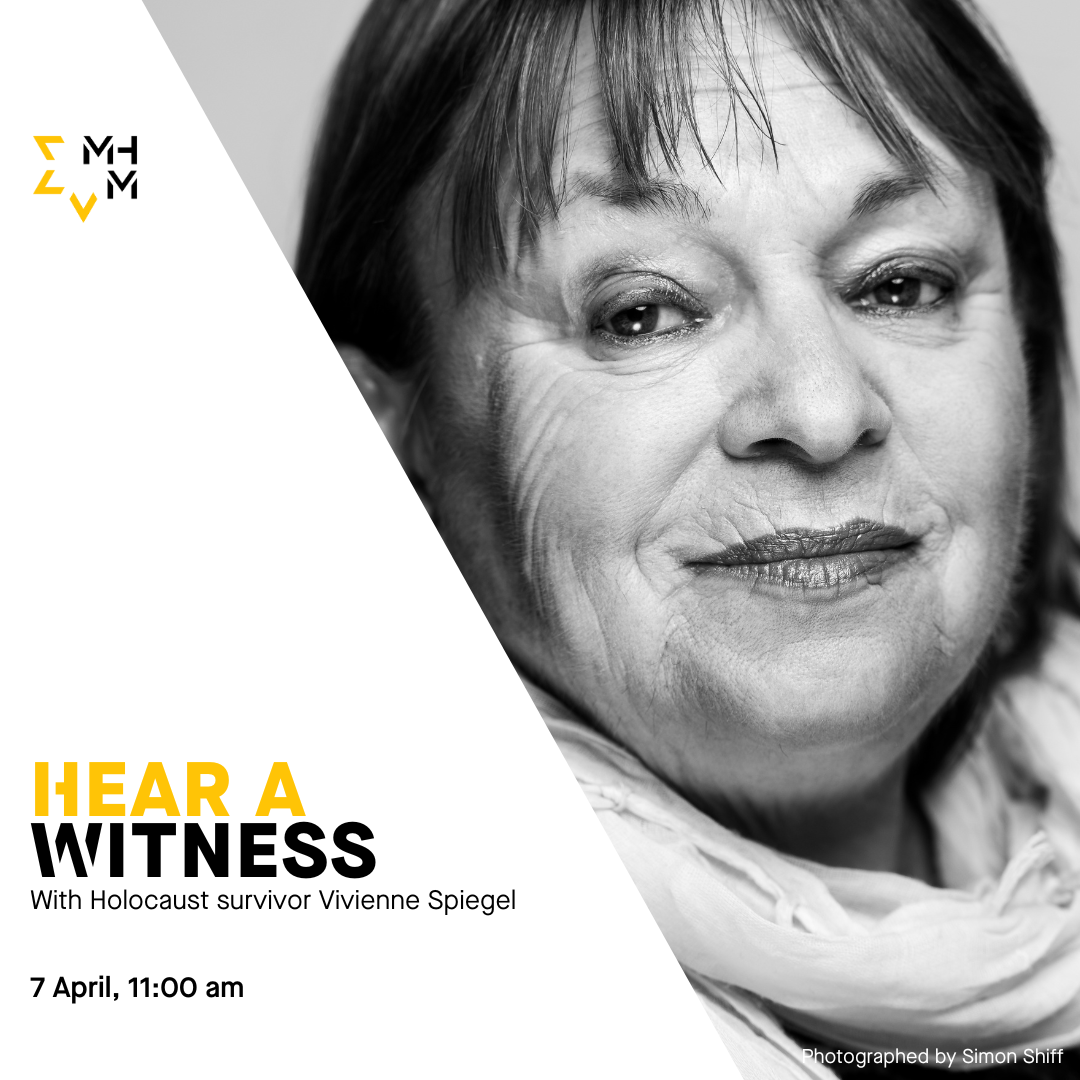
Hear a Witness: Vivienne Spiegel
Join us at the Melbourne Holocaust Museum for the rare opportunity to hear first-hand from Holocaust survivor Vivienne Spiegel.
Viv was born in Paris, France in 1934. She was six years old when the Germans invaded France.
In July 1942 Viv’s, her mother, and two siblings were caught up in the Vel d’Hiv Round Up. In a stroke of luck, the family was released before the transports to Auschwitz.
Following this, Viv’s mother made the difficult decision to separate from her children for their safety. After experiences with families that stole their food rations, Viv and her siblings were sent into hiding in the countryside with a family who cared for them until the end of the war.
After liberation, Viv and her siblings were sent to an orphanage for children, before immigrating to Australia in 1948.
Viv later found out her parents were murdered in Auschwitz-Birkenau.
